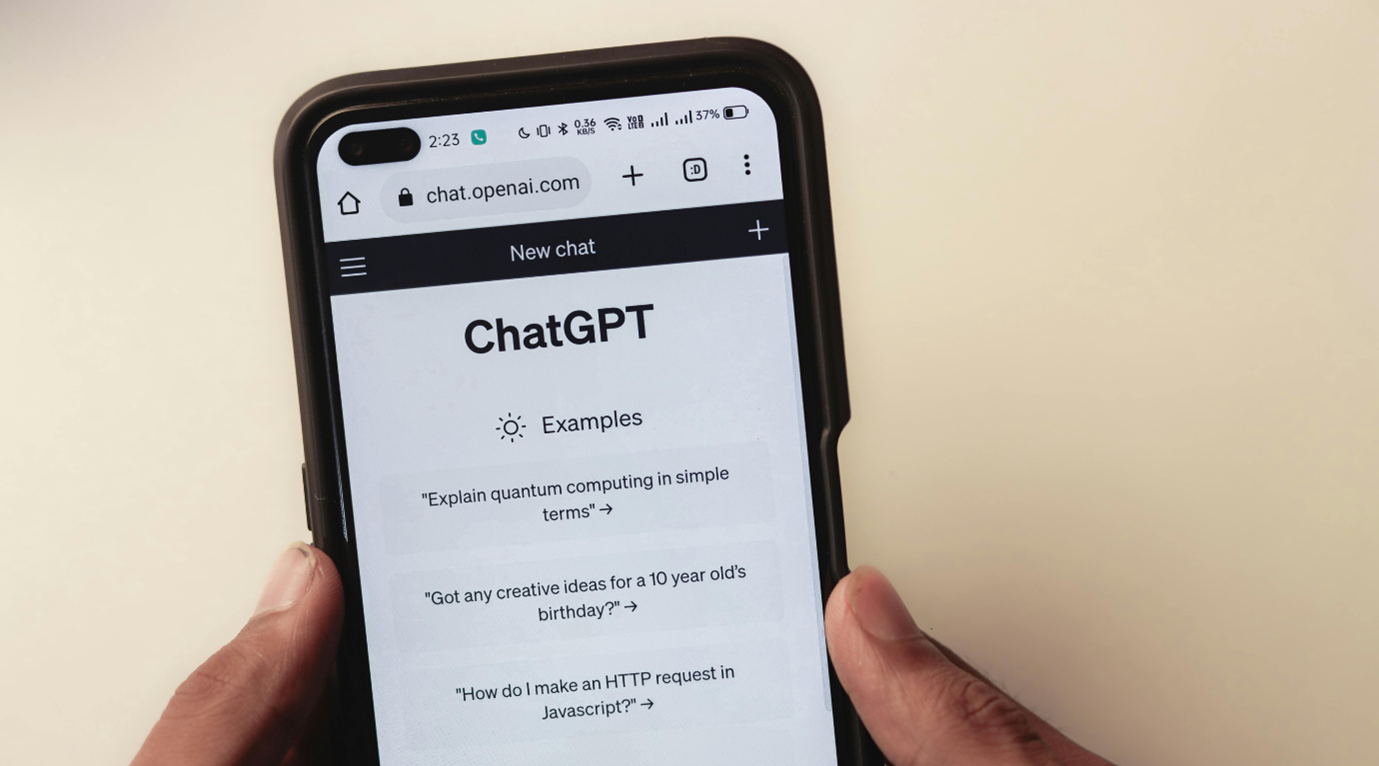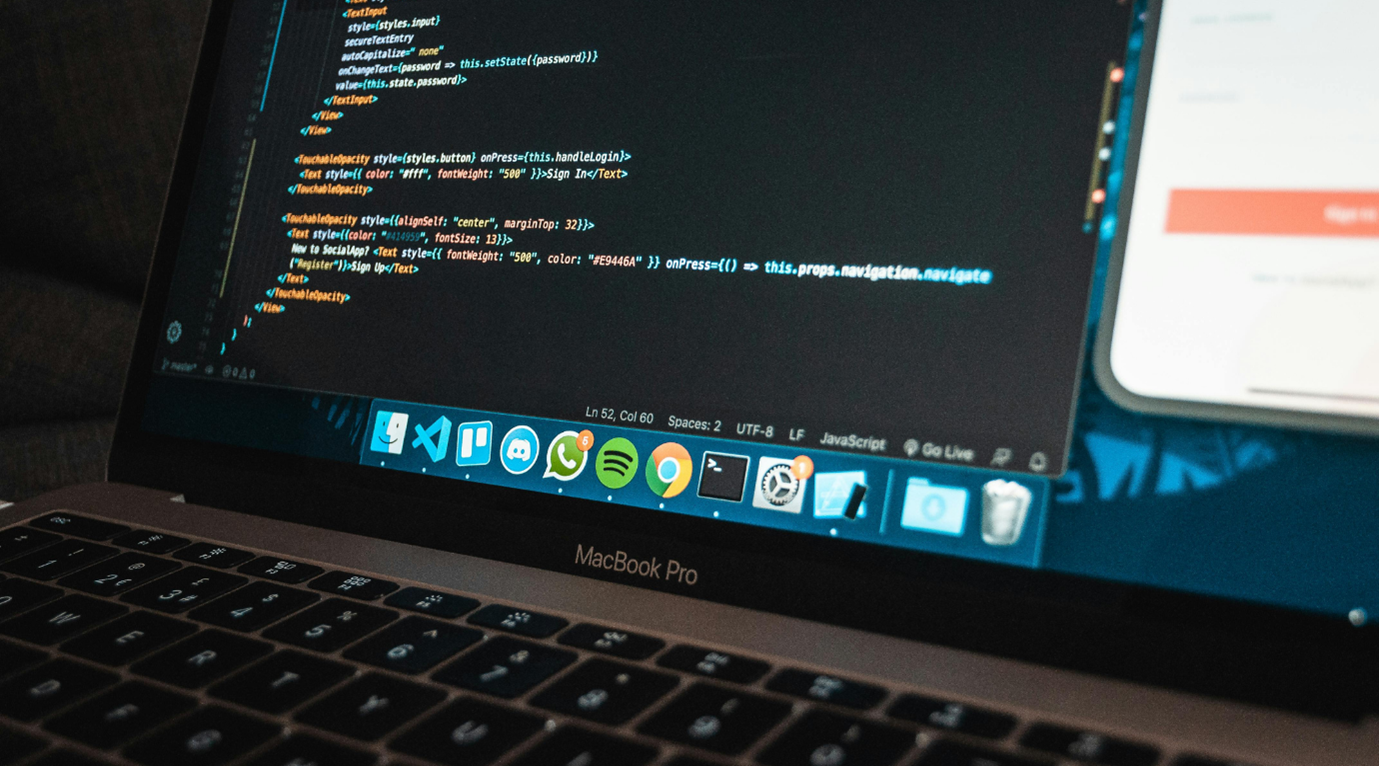The Ultimate Guide to Developing Android Apps for Beginners and Professionals
In today’s tech-driven world, mobile apps have become indispensable. Whether for business, education, entertainment, or social interaction, mobile applications are at the forefront of our daily lives. And when it comes to app development, Android dominates the global landscape. With its open-source platform and an expansive user base, mastering Android app development offers a gateway to endless opportunities.
Whether you’re just starting your coding journey or a seasoned developer looking to upgrade your skills, learning how to program Android apps can unlock doors to exciting projects and potentially lucrative careers. This guide will take you through the essentials of Android development, from setting up your tools to optimizing your apps for different devices, and ultimately preparing them for distribution.
Understanding the Android Ecosystem
Android, developed by Google, powers more than 3 billion devices worldwide. From smartphones and tablets to smart TVs and wearables, the Android operating system offers an unparalleled reach. Developing apps for Android provides access to a diverse audience and an open ecosystem that encourages innovation.
Why develop for Android?
Vast User Base: With Android holding over 70% of the global smartphone market, the potential audience for your apps is massive. Whether you’re targeting a local market or going global, Android’s reach is undeniable.
Open-Source Flexibility: Android’s open-source nature allows developers to customize their apps as needed, providing immense flexibility to create tailored solutions.
Device Compatibility: From flagship smartphones to budget devices, Android apps can be developed to run across various types of hardware, giving your app the flexibility to cater to different market segments.
Challenges in the Android Ecosystem:
Fragmentation: Android’s diversity is a double-edged sword. While the platform offers broad reach, the variety of devices, screen sizes, and operating system versions can make development more complex. However, by following best practices, developers can ensure compatibility and performance across devices.
Essential Programming Languages for Android Development
To build Android apps, you’ll need to learn programming languages that allow you to code the logic and user interface. The two main languages used for Android development are Java and Kotlin.
Java
Java has been the cornerstone of Android development since the platform’s inception. Its popularity stems from its reliability, vast documentation, and strong community support.
- Why Java? Java’s object-oriented nature makes it ideal for complex applications. It’s also one of the most widely used programming languages in the world, so learning Java can be useful beyond Android development.
- What are the benefits? Java’s large set of libraries, ease of debugging, and multi-threading capabilities make it a solid choice for beginners and pros alike.
- Learning resources: There are numerous online courses, official documentation, and communities where you can sharpen your Java skills.
Kotlin
Kotlin, introduced by JetBrains and officially supported by Google since 2017, is a modern programming language designed to improve upon Java’s limitations.
- Why Kotlin? Kotlin is concise, expressive, and reduces boilerplate code, making it easier and faster to write clean and efficient code.
- What are the benefits? Kotlin has built-in safety features such as null-safety, which helps prevent common programming errors, and it is 100% interoperable with Java, meaning you can mix the two languages in one project.
- Learning resources: Similar to Java, Kotlin has extensive documentation and a rapidly growing community. Many modern Android courses focus on Kotlin.
Pro Tip: If you’re just starting, Kotlin’s modern syntax and ease of use make it a great first language. However, if you already know Java, transitioning to Kotlin is smooth and quick.
Mastering Android Studio
Android Studio is the go-to development environment for Android app creation. As the official IDE from Google, it provides developers with everything they need to build, test, and debug Android applications.
Key Features of Android Studio:
- Code Editor: Android Studio offers a powerful code editor with smart code completion, suggestions, and real-time error checking, helping you write code more efficiently.
- Layout Editor: The drag-and-drop visual interface allows you to design the app’s UI without writing XML. You can see how the app will look on different screen sizes in real-time.
- Emulator: Android Studio’s emulator lets you run and test your app on a wide variety of virtual devices, simulating different Android versions, screen sizes, and performance characteristics.
- Debugging Tools: The IDE includes a suite of debugging tools that allow you to set breakpoints, monitor CPU usage, inspect memory allocation, and track the overall performance of your app.
Best Practices:
- Stay Updated: Android Studio is regularly updated with new features and performance improvements. Always ensure you’re using the latest version.
- Optimize Plugins: Explore and install plugins like CodeGlance, ADB Idea, and Material Theme UI to boost your productivity.
Tools and Platforms to Simplify App Creation
Developing an app from scratch might sound intimidating, but there are platforms that simplify the process—especially for beginners or for building simpler applications.
No-Code and Low-Code Platforms
- Appy Pie: This platform allows you to create apps by simply dragging and dropping elements. It’s perfect for building prototypes or simple apps without writing a single line of code.
- Thunkable: Thunkable uses a block-based interface, making it easy to create apps without worrying about syntax or coding errors.
Benefits: These platforms allow you to get a working prototype quickly. They’re ideal for non-developers or for early stages of product development.
Limitations: While no-code platforms are great for simplicity, they can lack the customization and scalability of traditional coding. If your app grows in complexity, you might eventually need to transition to custom development.
Ready to Turn Your App Idea into Reality?
Whether you’re a beginner or a seasoned developer, Neuronimbus can help you create powerful and impactful Android apps.
Get Started Today!Best Practices in Android Development
To build a high-quality app, following Android development best practices is essential.
- Follow Material Design Guidelines: Google’s Material Design principles ensure that your app has a consistent, user-friendly interface. This improves user experience and makes your app feel familiar to users of other Android apps.
- Optimize Performance: Always write efficient code. Keep an eye on your app’s memory usage, processing demands, and network calls to prevent it from becoming slow or unresponsive.
- Version Control with Git: Git helps you manage changes to your codebase, collaborate with others, and revert to previous versions if needed.
- Testing and Debugging: Regular testing on different devices is key. Android Studio offers excellent testing and debugging tools to make sure your app runs smoothly across various device types and Android versions.
Importance of UI/UX Design in App Development
Design can make or break an app. A well-designed user interface and user experience keep users engaged and make your app intuitive to use.
Key Principles of UI/UX Design:
- Simplicity: Keep your layout clean and functional, avoiding unnecessary features that could confuse users.
- Consistency: Maintain a consistent theme across all pages of your app. This includes using the same fonts, colors, and icons throughout.
- Accessibility: Ensure that your app can be used by everyone, including people with disabilities, by following accessibility guidelines.
Great design is about making your app not only functional but delightful to use.
Optimizing Apps for Different Devices
With Android, you’re building for a wide variety of devices, from high-end smartphones to budget-friendly models. Ensuring compatibility across devices is one of the key challenges in Android development.
How to handle fragmentation:
- Responsive Layouts: Create flexible layouts that can adjust to different screen sizes and orientations.
- Resource Qualifiers: Use Android’s resource qualifiers to serve different images, strings, and layouts depending on the device’s screen size, density, or language.
- Test on Multiple Devices: While Android Studio’s emulator is handy, testing on real devices helps catch issues you might not find in a virtual environment.
By taking these steps, you can ensure that your app delivers a seamless experience no matter what device it’s running on.
Strategies for App Store Submission and Monetization
Once your app is ready, submitting it to the Google Play Store and planning how to monetize it is the final stretch.
App Store Submission:
- Prepare a Strong App Listing: Write a compelling description, include high-quality screenshots and a demo video, and optimize your keywords for better discoverability.
- Beta Testing: Before your official launch, conduct beta testing to gather user feedback and fix any last-minute bugs.
Monetization Strategies:
- Freemium Model: Offer a free version of your app with premium features available as in-app purchases.
- In-App Ads: You can earn revenue by displaying ads within your app.
- Paid Apps: Charge users a one-time fee to download your app from the Play Store.
Conclusion
Mastering how to program Android apps is more than just learning to code; it’s about unlocking a world of innovation and opportunity. With Android’s vast ecosystem, a massive user base, and the flexibility offered by tools like Android Studio, developers of all skill levels can build solutions that truly impact users’ lives. Whether you’re starting out as a beginner or enhancing your expertise, Android development opens the door to limitless creative possibilities—from crafting simple utilities to developing the next breakthrough app.
By focusing on best practices, staying on top of UI/UX trends, and leveraging the right tools and platforms, you can ensure your Android apps are not only functional but also delightful to use.
At Neuronimbus, we specialize in helping businesses and developers transform their app ideas into reality. With our extensive expertise in Android development, we offer the guidance and support needed to turn concepts into powerful, user-friendly apps. Whether you’re looking to launch your first app or refine an existing one, our team is here to help you navigate the complexities of the Android ecosystem and deliver apps that resonate with your audience.




